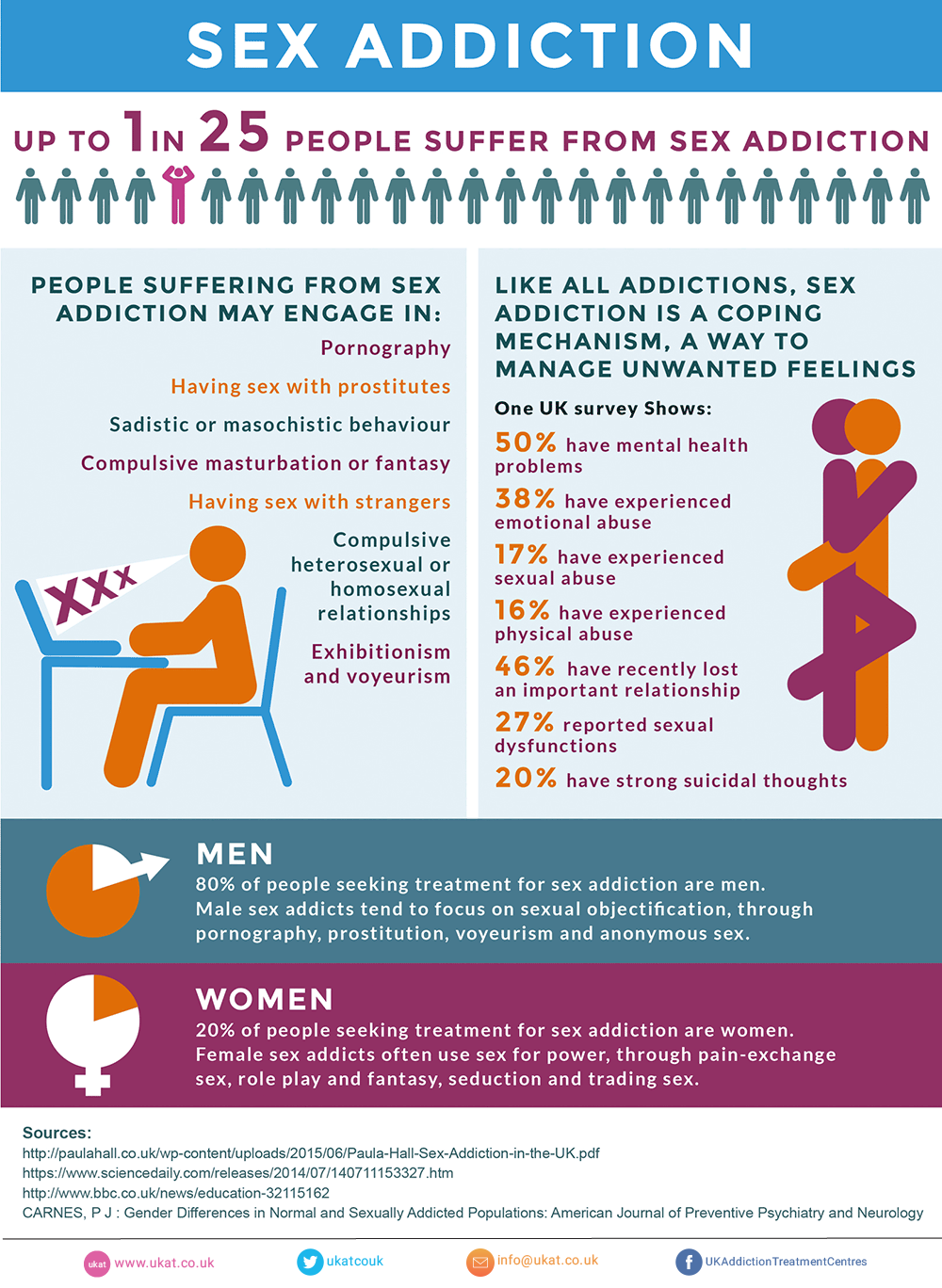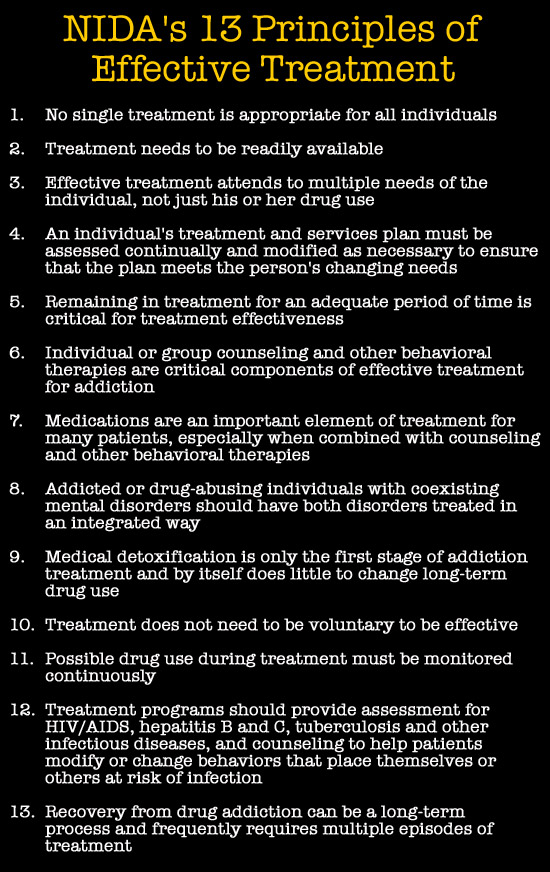It can't be cured, but it can be managed with treatment. Other examples of persistent diseases consist of asthma, diabetes, and heart problem. It is critical that treatment simultaneously resolves any co-occurring neurological or mental disorders that are known to drive susceptible people to explore drugs and end up being addicted in the very first location.
3 Research studies published in top-tier publications like The New England Journal of Medicine support the position that dependency is a brain illness. 4 A disease is a condition that alters the way an organ functions. Addiction does this to the brain, altering the brain on a physiological level. It actually alters the method the brain works, rewiring its basic structure.
Although there is no cure for dependency, there are lots of evidence-based treatments that work at managing the health problem. Like all chronic health problems, addiction requires ongoing management that might consist of medication, treatment, and lifestyle change. Once in healing from compound usage disorder, a person can go on to live a healthy and successful life.
The human brain is wired to reward us when we do something satisfying. who has a drug addiction problem. Working out, consuming, and other satisfying behaviors straight connected to our health and survival set off the release of a neurotransmitter called dopamine. This not only makes us feel good, however it motivates us to keep doing what we're doing.
Little Known Facts About How To Overcome Drug Alcohol Rehab Center Addiction.
5 Drugs set off that exact same part of the brainthe benefit system. However they do it to a severe level, rewiring the brain in hazardous methods. When somebody takes a drug, their brain launches extreme amounts of dopamineway more than gets launched as an outcome of a natural pleasant behavior. The brain overreacts, lowering dopamine production in an effort to stabilize these unexpected, sky-high levels the drugs have actually developed.
How the Brain Reacts To Natural Benefits & Drugs (NIDA) Research studies have actually shown that constant drug use severely restricts a person's capability to feel satisfaction. at all. 6 In time, drug use results in much smaller sized releases of dopamine. That implies the brain's reward center is less responsive to pleasure and pleasure, both from drugs, along with from every day sources, like relationships or activities that an individual when taken pleasure in. how to stop drug addiction without rehab.
7 Withdrawal takes place when a person who's addicted to a compound stops taking it entirely: either in an attempt to quit cold turkey, or due to the fact that they do not have access to the drug. Somebody in withdrawal feels absolutely dreadful: depressed, despondent, and physically ill. Brain imaging research studies from drug-addicted people show physical, quantifiable changes in locations of the brain that are vital to judgment, choice making, discovering and memory, and behavior control.
8 A promising trainee might see his grades slip. A bubbly social butterfly may all of a sudden have difficulty getting out of bed. A reliable brother or sister may start stealing or lying. Behavioral changes are directly linked to the drug user's altering brain. Cravings http://becketteqox741.theglensecret.com/the-ultimate-guide-to-how-to-improve-addiction-treatment take control of. These cravings are unpleasant, consistent, and distracting.

A Biased View of Which Drug Is Used To Treat Opiate Addiction
Especially provided the strength of withdrawal signs, the body wants to prevent remaining in withdrawal at all costs. "We need to tell our children that one beverage or one pill can result in an addiction. A few of us have the genes that increase our threat of addiction, even after just a couple of uses.
But at some point throughout use, a switch gets turned within the brain and the choice to use is no longer voluntary. As the Director of the National Institute on Drug Abuse puts it, it's as if an addicted individual's brains has actually been pirated. Anybody who attempts a compound can end up being addicted, and research shows that the majority of Americans are at danger of developing dependency.
What's more, 42% of 1718 years of age report that they have actually attempted illicit drugs. 10 After initial direct exposure, nobody chooses how their brain will react to drugs or alcohol. So why do some people establish addiction, while others do not? The current science points to three primary aspects. Scientific research study has shown that 5075% of the likelihood that an individual will establish dependency originates from genetics, or a household history of the health problem.

Research shows that growing up in an environment with older adults who use drugs or take part in criminal habits is a danger factor for dependency. Protective aspects like a steady home environment and encouraging school are all proven to decrease the danger. Addiction can establish at any age. But research study reveals that the previously in life a person tries drugs, the most likely that individual is to develop dependency.
Some Known Incorrect Statements About How Can Family Members Help Drug Addiction
Presenting drugs to the brain during this time of development and modification can trigger serious, long-lasting damage. Dependency is not an option. It's not an ethical stopping working, or a character flaw, or something that "bad individuals" do. Many scientists and experts agree that it's a health problem that is triggered by biology, environment, and other aspects.
A person can't undo the damage drugs have done to their Visit this page brain through sheer willpower. Like other persistent diseases, such as asthma or type 2 diabetes, continuous management of addiction is needed for long-lasting healing. This can include medication, behavioral treatment, peer-support, and lifestyle adjustments.
This feature short article on neuroscientist Marc Lewis and his new book discusses his theory that callenges the modern-day concensus on substance abuse as a brain illness, arguing that in "in truth it is a complex cultural, social, psychological and biological phenomenon" as NDARC Teacher Alison Ritter explains. For a very long time, Marc Lewis felt a body blow of embarassment whenever he kept in mind that night.
Lewis was plunged half-naked in a bath tub. "We were just talking about what to do with the body." Lewis was at just the beginning of his odyssey into opiates. After this overdose, he left of university and didn't get his research studies for another nine years. At the next effort, he was standing out at medical psychology when he made the front page of the local paper.
What Are Some Ways That Each State Can Help Decrease Drug Abuse And Addiction? Things To Know Before You Buy
That was reckless; he 'd been successfully pulling off three or four burglaries a week. That was 34 years back. Now 64, Professor Marc Lewis is a developmental neuroscientist, based at the Radboud University in Nijmegen in the Netherlands. He information his early exploits in 2011's Memoirs of an Addicted Brain, with the sort of thrilling information that should offer you some type of biochemical reaction.
The common theory in the United States, and to some degree in Australia, is that dependency is a persistent brain disease a progressive, incurable condition that can be kept at bay just by fearful abstaining (is most likely to be successfully treated by). There are variations of this illness model, one of which became the basis of 12-step recovery and the example of the huge majority of rehab programs.
It can properly be unlearned by forging stronger synaptic pathways by means of better routines. The ramification for the $35 billion-dollar treatment industry in the United States is that dealing with dependency as a medical concern ought to be only a little aspect of a more holistic method. The problem is, there's a great deal of vested interest and monetary investment in perpetuating the disease design.